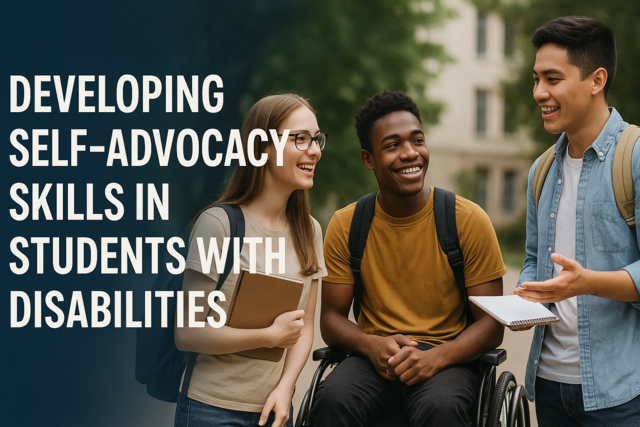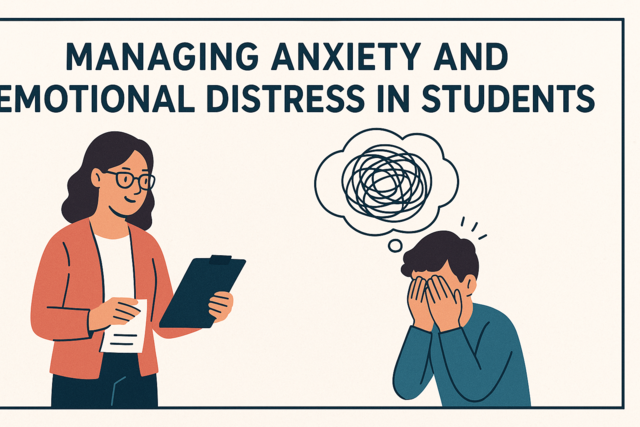Online Class: Developing Individualized Education Programs (IEPs) — Best Practices

no certificate
with CEU Certificate*
-
15Lessons
-
22Exams &
Assignments -
4Hours
average time -
0.4CEUs
Course Description
Course Title: Developing Individualized Education Programs (IEPs): Best Practices
Welcome to a transformative journey where you will witness the alchemy of creativity, compassion, and education come together in our course, "Developing Individualized Education Programs (IEPs): Best Practices." This course is more than an educational endeavor; it's a movement—a commitment to the future of students who deserve bespoke learning experiences that honor their unique abilities and potential.
Imagine stepping into a world where each day you hold the power to profoundly change the trajectory of a child's life. This course empowers you to be the catalyst of such change, equipping you with the insights and tools to mold individualized educational paths that aren't just about compliance, but about enlightenment and empowerment. In a society that increasingly recognizes diversity as not just a possibility but a must, you become the architect who reshapes educational landscapes, ensuring that every child has access to an education tailored personally for them.
But what makes our course stand out in the crowded field of online education? It starts with our approach—an approach that goes beyond traditional learning to offer a dynamic and interactive experience. Our instructors are not just educators; they are mentors who bring a wealth of real-world experience in special education, sharing stories and strategies that reveal the heart and science of crafting effective IEPs. You'll find that this course is not just about absorbing information; it's about transformation, a journey to becoming an advocate and innovator within your educational community.
As you immerse yourself in this course, you will uncover the story of IEPs—how legislation has evolved to center on empowerment and inclusion, how assessment techniques can be meticulously honed to address the full spectrum of student needs, and how setting SMART goals will act as your North Star, guiding your students toward tangible success. The narrative unfolds with you near its heart, interpreting experiences, and translating them into effective educational practices that uplift and inspire.
Moreover, the practical wisdom shared regarding the Integration of multicultural perspectives reaffirms your role as a specialist, while also teaching you to become a cultural ambassador within your community, welcoming diversity as an enhancement to your practice. Every lesson is a stepping stone, leading you to profound understandings and unlocking capabilities you never knew you had.
Throughout the course, an equally important emphasis is placed on connection—connection with students, families, and multidisciplinary teams. These are not mere statutory obligations, but vibrant collaborations where diverse voices intertwine to create robust educational plans. You'll learn to engage meaningfully, transforming everyday meetings into inclusive think tanks where every stakeholder is valued and heard. The skills you gain will build bridges between educators, parents, and students, fostering an environment where respect and camaraderie flourish.
This course doesn't just prepare you to tick boxes; it prepares you to tear down existing limitations, and construct new possibilities. As you cultivate these skills, you'll see the immediate impact in the improved educational outcomes and holistic development of the students you advocate for.
In addition, our dedicated focus on current and emerging technological tools ensures that your approach is not only relevant but on the cutting edge of assessing and addressing student needs. You'll stay ahead of trends and equipped with an adaptive skillset ready to harness the power of digital resources for student advancement.
Finally, the support you'll receive extends beyond the digital classroom, forming a lifelong network of peers and mentors who share your passion and commitment to inclusivity and educational excellence. The course is a launchpad for you to step boldly into your elevated role.
So why wait? Join us on this exciting journey. Become the advocate you were meant to be, shaping the future one personalized education plan at a time. This is your moment to make a significant impact—a gift you give to the world, to education, and most importantly, to the students whose futures you will help illuminate. Enroll today and let's start building the stories of tomorrow, together.
- Completely Online
- Self-Paced
- 6 Months to Complete
- 24/7 Availability
- Start Anytime
- PC & Mac Compatible
- Android & iOS Friendly
- Accredited CEUs

Course Lessons
Lesson 1. From Exclusion to Empowerment: The Legislative Path of IEPs
Legislation such as the Every Student Succeeds Act has decentralized control yet maintained rigorous educational standards, allowing states to tailor IEP implementation to local cultural contexts. This localized approach respects diverse backgrounds, emphasizing cultural competence in educational planning, and is supported by a collaborative effort involving parents as vital partners in the IEP process.Lesson 2. Assessing Student Needs: Comprehensive Evaluation Techniques
Assessing Student Needs: Comprehensive Evaluation TechniquesLesson 3. The Power of SMART Goal-Setting in IEPs: A Comprehensive Guide
Crafting specific and relevant goals using the SMART framework enhances mutual understanding and engagement by highlighting precise educational targets. As goals become clearer and time-bound, students can make significant, trackable progress while educators and parents celebrate tangible achievements.Lesson 4. Understanding IEP Participation
IDEA requires schools to ensure parent participation in IEP meetings, giving them a platform to share insights that shape tailored educational plans. Procedural safeguards protect their rights, allowing them to consent to or dispute evaluations and changes, promoting dialogue focused on the student’s best interest.Lesson 5. Adjustments for Success
Educators must differentiate between accommodations and modifications when developing IEPs to provide tailored educational experiences that foster academic success. Accommodations offer access to the curriculum by adjusting learning modes, while modifications involve changing what a student is expected to learn.Lesson 6. Optimizing Student Success Through Learning Profiles
Creating individualized education programs starts with understanding each student's unique learning profile, enabling tailored educational strategies that foster both academic growth and personal development. By recognizing diverse learning styles and cognitive needs, educators can enhance student engagement and motivation.Lesson 7. IEP Essentials: Ensuring Compliance and Accountability
IEP compliance is critical for providing quality education to students with disabilities, necessitating strict adherence to legal mandates under the IDEA. Educators must foster collaboration among IEP teams and engage in ethical practices to respect privacy and address cultural diversity.Lesson 8. Collaborating with Multidisciplinary Teams
Collaborating with Multidisciplinary TeamsLesson 9. Enhancing Learning Outcomes with Personalized Tech Tools
Assistive technology is embedded into IEPs through a collaborative approach, focusing on tailoring educational tools to bolster students' accessibility and engagement in the general curriculum. Regular evaluations and the exploration of emerging technological advancements are pivotal to maintaining the alignment of these tools with students' evolving educational needs.Lesson 10. Mastering IEP Strategies: Legal Insights for Inclusive Education
Ensuring parental involvement is a core tenet of the IEP framework, mandating schools to inform and equip parents with the knowledge to advocate for their child's education rights. Through active participation, parents significantly contribute insights and strategies that align with their child's learning and developmental needs, enhancing educational outcomes.Lesson 11. Legal Essentials for Effective IEP Development
Transition planning within IEPs starts by age 16 (or earlier if needed) under IDEA, facilitating students' shifts to post-secondary education, employment, and independent living. The process must reflect students' aspirations, encouraging real-world skills development through community connections and targeted interventions.Lesson 12. Empowering Educators with Data-Driven IEP Strategies
The integration of stakeholder feedback and consistent data collection enhances Individualized Education Programs by promoting collaborative problem-solving and keeping educational plans responsive to student needs. Engaging all parties in the IEP process—from parents to specialists—ensures that each student receives personalized support, fostering a nurturing and inclusive learning environment.Lesson 13. Addressing Behavioral and Emotional Needs within IEPs
Addressing Behavioral and Emotional Needs within IEPsLesson 14. Culturally Responsive IEP Practices for Inclusive Classrooms
Cultural humility is key to engaging diverse families in the IEP process, encouraging collaboration without imposing one's own cultural viewpoint. Effective communication strategies, such as using proficient interpreters and culturally appropriate messaging, build trust and facilitate meaningful parental involvement in a student's educational journey.Lesson 15. Collaborative Approaches in IEP Development and Monitoring
Collaborative IEP approaches involve educators, parents, and students working together, ensuring holistic support and monitoring of student progress. Regular communication and data-driven decision-making foster a team mentality, promoting student success in academic, social, and personal areas.
Learning Outcomes
- Describe how key legislative acts and court rulings have shaped current practices of inclusivity and educational equity in IEP development.
- Define the historical milestones and legal precedents that have influenced the evolution of IEP legislation over the decades.
- Demonstrate collaborative skills by effectively engaging with educators, parents, and students to develop tailored interventions that address specific behavioral challenges in educational settings.
- Recognize and analyze patterns in student behavior using Functional Behavioral Assessments (FBAs) to inform the creation of individualized strategies in IEPs.
- Assess and revise existing IEP goals to ensure alignment with the SMART criteria, verifying that the goals are specific, measurable, achievable, relevant, and time-bound.
- Demonstrate the ability to set SMART IEP goals by formulating at least three clear and concise objectives using the SMART criteria framework.
- Define the legal rights and responsibilities for parental involvement in the IEP process under IDEA, ensuring families are aware of their participatory role in educational planning.
- Demonstrate effective communication strategies, including cultural competencies and technology usage, to engage families in the IEP process and facilitate collaborative educational decision-making.
- Describe how to implement effective accommodations and modifications in IEPs through collaboration among educators, students, and parents to enhance educational inclusivity.
- Recognize the difference between accommodations and modifications in an IEP by identifying specific examples and their impact on students' learning outcomes.
- Recognize the role of collaboration among educators, specialists, and families in crafting and implementing tailored instructional strategies based on student learning profiles.
- Describe how to develop a comprehensive student learning profile by identifying diverse learning styles and incorporating qualitative and quantitative assessments.
- Recognize key legal requirements of the Individuals with Disabilities Education Act (IDEA) related to IEP compliance.
- Demonstrate mastery of lesson content at levels of 70% or higher.
Additional Course Information

- Document Your Lifelong Learning Achievements
- Earn an Official Certificate Documenting Course Hours and CEUs
- Verify Your Certificate with a Unique Serial Number Online
- View and Share Your Certificate Online or Download/Print as PDF
- Display Your Certificate on Your Resume and Promote Your Achievements Using Social Media

Choose Your Subscription Plan
No Certificate / No CEUs
This course only
| Includes certificate | X |
| Includes CEUs | X |
| Self-paced |

|
| Instructor support |

|
| Time to complete | 6 months |
| No. of courses | 1 course |
Certificate & CEUs
This course only
| Includes certificate |

|
| Includes CEUs |

|
| Self-paced |

|
| Instructor support |

|
| Time to complete | 6 months |
| No. of courses | 1 course |
Certificates & CEUs
Includes all 600+ courses
| Includes certificate |

|
| Includes CEUs |

|
| Self-paced |

|
| Instructor support |

|
| Time to complete | 12 Months |
| No. of courses | 600+ |
Certificates & CEUs
Includes all 600+ courses
| Includes certificate |

|
| Includes CEUs |

|
| Self-paced |

|
| Instructor support |

|
| Time to complete | 24 Months |
| No. of courses | 600+ |
Related Courses
-
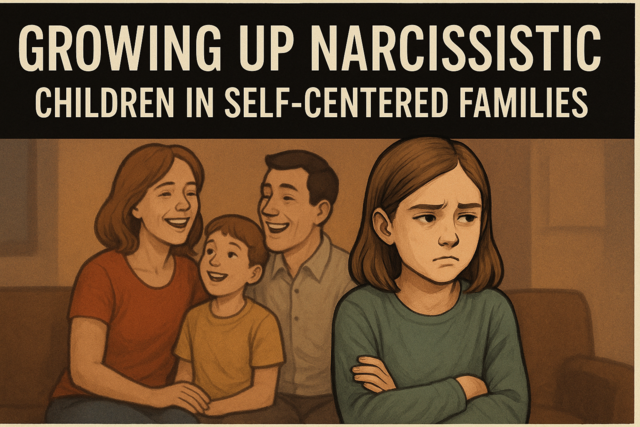 3 hours
0.3 CEUs
Growing Up Narcissistic: Children in Self-Centered Families
+ More Info
3 hours
0.3 CEUs
Growing Up Narcissistic: Children in Self-Centered Families
+ More Info
-
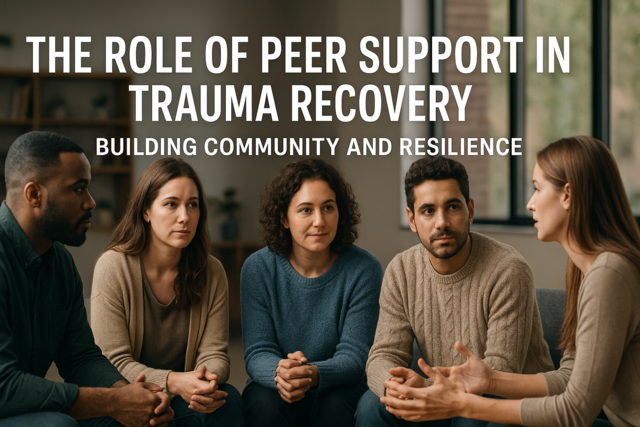 3 hours
0.3 CEUs
The Role of Peer Support in Trauma Recovery: Building Community and Resilience
+ More Info
3 hours
0.3 CEUs
The Role of Peer Support in Trauma Recovery: Building Community and Resilience
+ More Info
-
 7 hours
0.7 CEUs
Advanced PowerPoint Presentation Skills
+ More Info
7 hours
0.7 CEUs
Advanced PowerPoint Presentation Skills
+ More Info
-
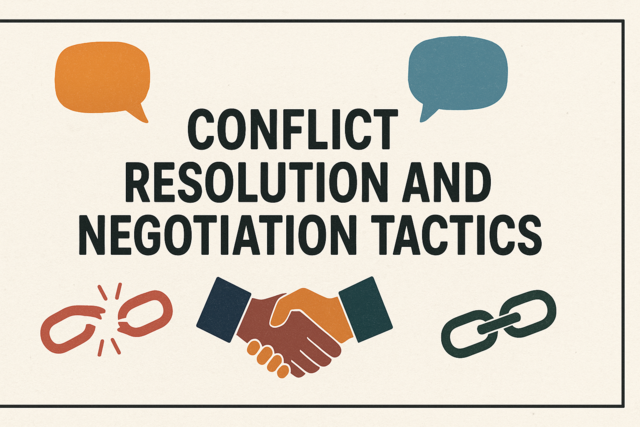 7 hours
0.7 CEUs
Conflict Resolution and Negotiation Tactics
+ More Info
7 hours
0.7 CEUs
Conflict Resolution and Negotiation Tactics
+ More Info
-
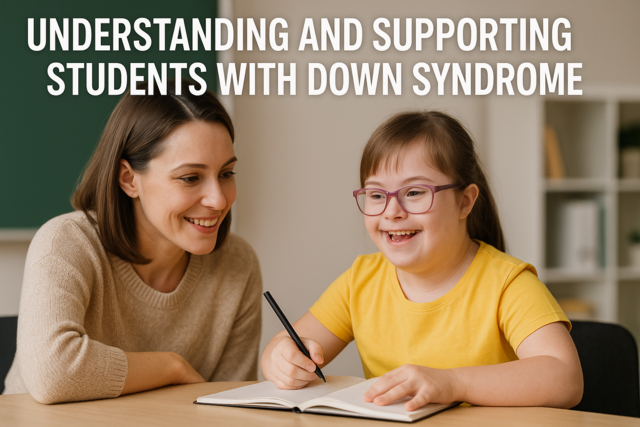 3 hours
0.3 CEUs
Understanding and Supporting Students with Down Syndrome
+ More Info
3 hours
0.3 CEUs
Understanding and Supporting Students with Down Syndrome
+ More Info
-
 5 hours
0.5 CEUs
Family Dynamics and Trauma: Unraveling the Impact on Relationships
+ More Info
5 hours
0.5 CEUs
Family Dynamics and Trauma: Unraveling the Impact on Relationships
+ More Info
-
 4 hours
0.4 CEUs
Preparing for a Career Change
+ More Info
4 hours
0.4 CEUs
Preparing for a Career Change
+ More Info
-
 4 hours
0.4 CEUs
Assertiveness Training for Professionals
+ More Info
4 hours
0.4 CEUs
Assertiveness Training for Professionals
+ More Info
-
 6 hours
0.6 CEUs
Holistic Nutrition: Fueling Your Body and Mind
+ More Info
6 hours
0.6 CEUs
Holistic Nutrition: Fueling Your Body and Mind
+ More Info
-
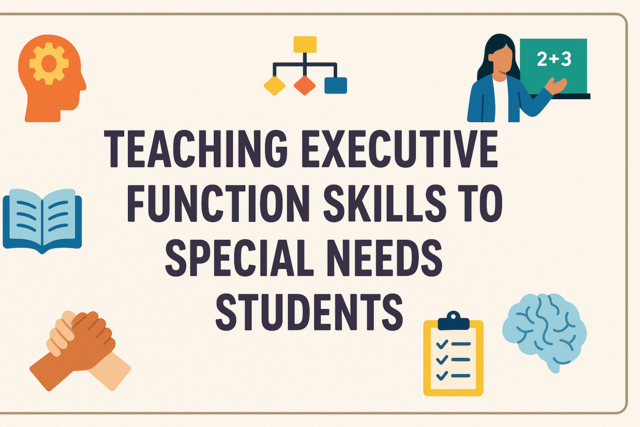 3 hours
0.3 CEUs
Teaching Executive Function Skills to Special Needs Students
+ More Info
3 hours
0.3 CEUs
Teaching Executive Function Skills to Special Needs Students
+ More Info
-
 7 hours
0.7 CEUs
Effective Communication Skills for Everyday Life
+ More Info
7 hours
0.7 CEUs
Effective Communication Skills for Everyday Life
+ More Info
-
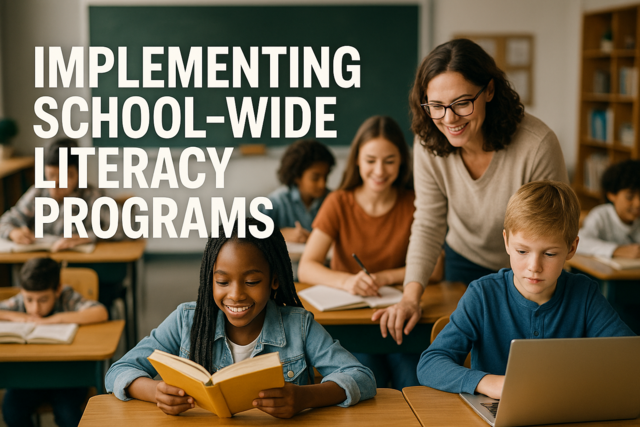 5 hours
0.5 CEUs
Implementing School-Wide Literacy Programs
+ More Info
5 hours
0.5 CEUs
Implementing School-Wide Literacy Programs
+ More Info
-
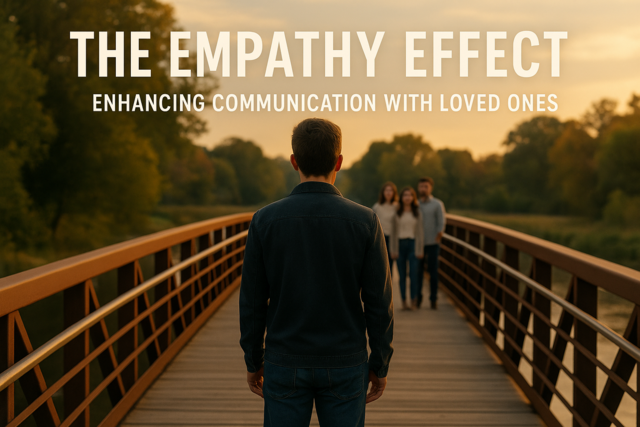 3 hours
0.3 CEUs
The Empathy Effect: Enhancing Communication with Loved Ones
+ More Info
3 hours
0.3 CEUs
The Empathy Effect: Enhancing Communication with Loved Ones
+ More Info
-
 7 hours
0.7 CEUs
Harmony at Home: Techniques for Peaceful Coexistence
+ More Info
7 hours
0.7 CEUs
Harmony at Home: Techniques for Peaceful Coexistence
+ More Info
-
 6 hours
0.6 CEUs
Phenomena of the Mind: Examining Telepathy and Psychic Abilities
+ More Info
6 hours
0.6 CEUs
Phenomena of the Mind: Examining Telepathy and Psychic Abilities
+ More Info
-
 7 hours
0.7 CEUs
Global Glam: International Perspectives on Modern Fashion
+ More Info
7 hours
0.7 CEUs
Global Glam: International Perspectives on Modern Fashion
+ More Info
-
 7 hours
0.7 CEUs
Authentic Connections: The Importance of Transparency in Relationships
+ More Info
7 hours
0.7 CEUs
Authentic Connections: The Importance of Transparency in Relationships
+ More Info
-
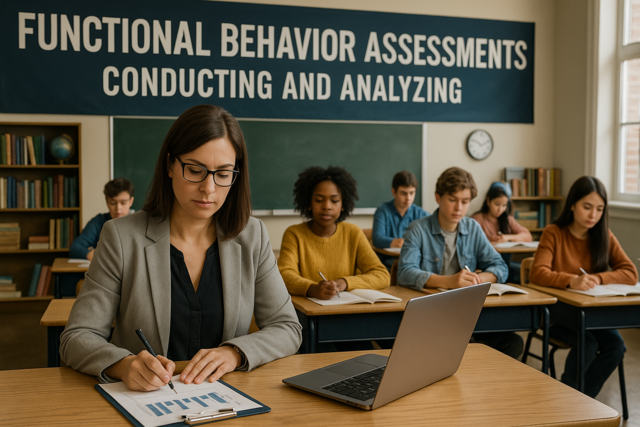 3 hours
0.3 CEUs
Functional Behavior Assessments: Conducting and Analyzing
+ More Info
3 hours
0.3 CEUs
Functional Behavior Assessments: Conducting and Analyzing
+ More Info
-
 4 hours
0.4 CEUs
The Use of Analytics in Education
+ More Info
4 hours
0.4 CEUs
The Use of Analytics in Education
+ More Info
-
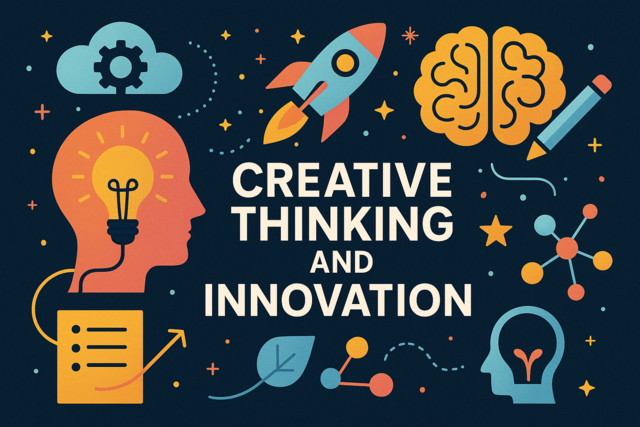 4 hours
0.4 CEUs
Creative Thinking and Innovation
+ More Info
4 hours
0.4 CEUs
Creative Thinking and Innovation
+ More Info
-
 4 hours
0.4 CEUs
Strengthening Sibling Bonds: Strategies for Lifelong Friendships
+ More Info
4 hours
0.4 CEUs
Strengthening Sibling Bonds: Strategies for Lifelong Friendships
+ More Info
-
 5 hours
0.5 CEUs
Time Travel Mysteries and Paradoxes
+ More Info
5 hours
0.5 CEUs
Time Travel Mysteries and Paradoxes
+ More Info
-
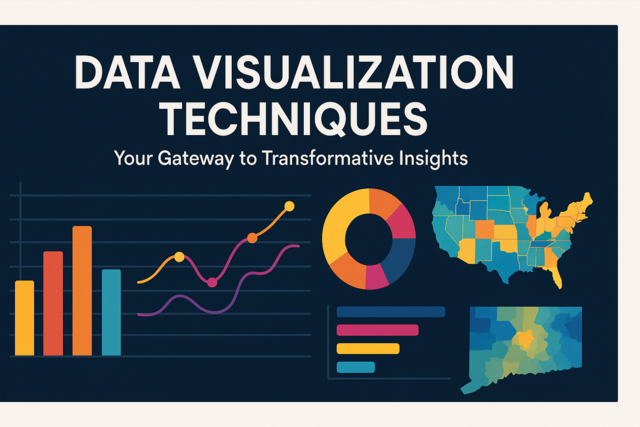 5 hours
0.5 CEUs
Data Visualization Techniques
+ More Info
5 hours
0.5 CEUs
Data Visualization Techniques
+ More Info
-
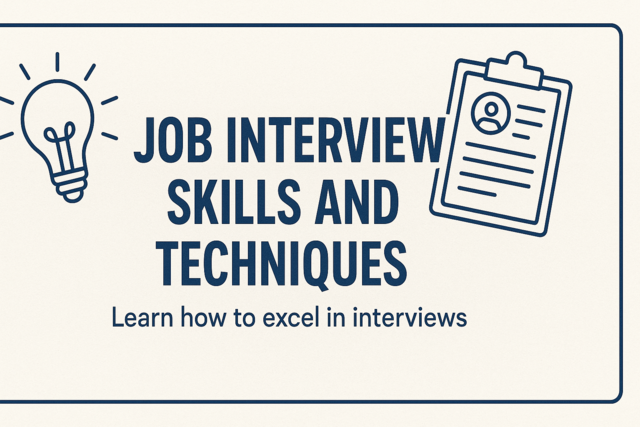 4 hours
0.4 CEUs
Job Interview Skills and Techniques
+ More Info
4 hours
0.4 CEUs
Job Interview Skills and Techniques
+ More Info
-
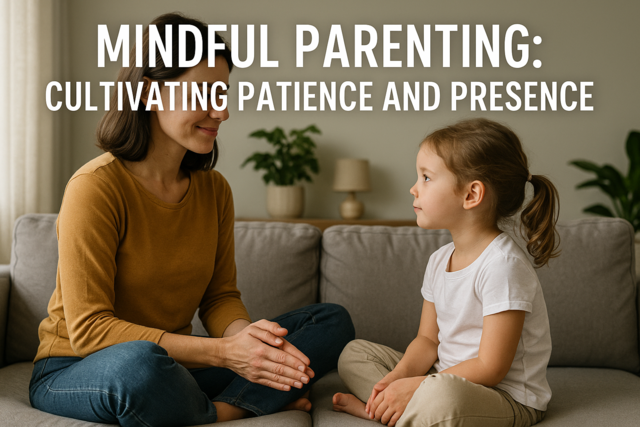 5 hours
0.5 CEUs
Mindful Parenting: Cultivating Patience and Presence
+ More Info
5 hours
0.5 CEUs
Mindful Parenting: Cultivating Patience and Presence
+ More Info
-
 6 hours
0.6 CEUs
Intuitive Insights: Harnessing Gut Feelings for Better Bonds
+ More Info
6 hours
0.6 CEUs
Intuitive Insights: Harnessing Gut Feelings for Better Bonds
+ More Info
-
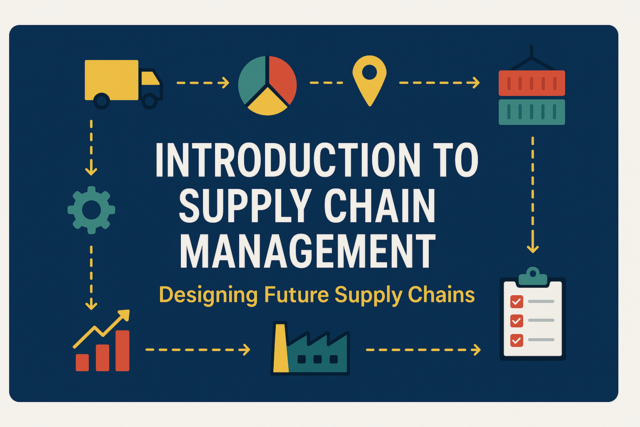 4 hours
0.4 CEUs
Introduction to Supply Chain Management
+ More Info
4 hours
0.4 CEUs
Introduction to Supply Chain Management
+ More Info
-
 5 hours
0.5 CEUs
Advanced Communication Skills for the Workplace
+ More Info
5 hours
0.5 CEUs
Advanced Communication Skills for the Workplace
+ More Info
-
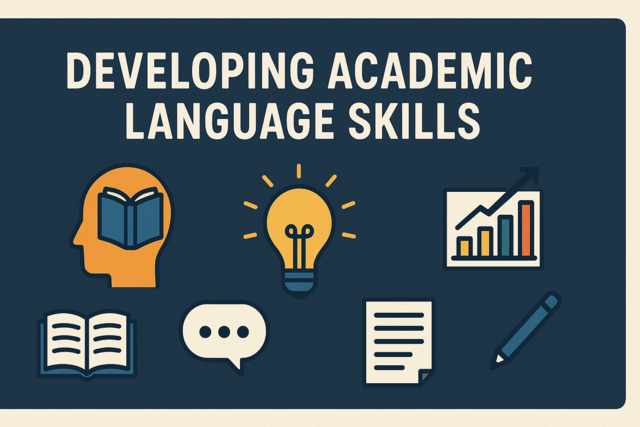 7 hours
0.7 CEUs
Developing Academic Language Skills
+ More Info
7 hours
0.7 CEUs
Developing Academic Language Skills
+ More Info
-
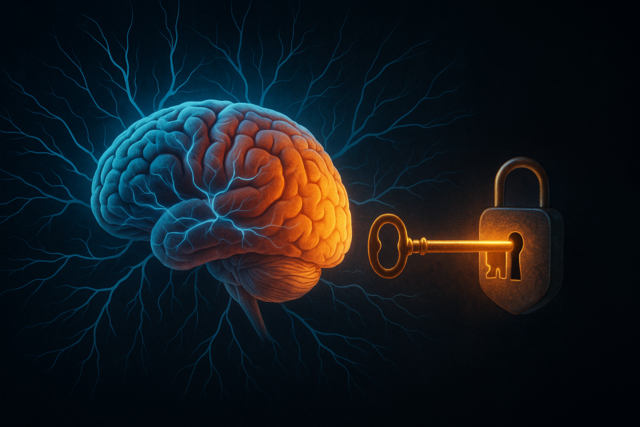 6 hours
0.6 CEUs
Neuroscience of Trauma: How the Brain Processes and Heals from Trauma
+ More Info
6 hours
0.6 CEUs
Neuroscience of Trauma: How the Brain Processes and Heals from Trauma
+ More Info
-
 3 hours
0.3 CEUs
High-Street to Haute: The Journey to Becoming Fashionable
+ More Info
3 hours
0.3 CEUs
High-Street to Haute: The Journey to Becoming Fashionable
+ More Info
-
 4 hours
0.4 CEUs
Beyond Words: The Silent Language of Relationships
+ More Info
4 hours
0.4 CEUs
Beyond Words: The Silent Language of Relationships
+ More Info
-
 5 hours
0.5 CEUs
Promoting Social Skills in Special Education
+ More Info
5 hours
0.5 CEUs
Promoting Social Skills in Special Education
+ More Info
-
 6 hours
0.6 CEUs
The Vogue of Now: An Insight into Modern Fashion Trends
+ More Info
6 hours
0.6 CEUs
The Vogue of Now: An Insight into Modern Fashion Trends
+ More Info
-
 6 hours
0.6 CEUs
The Healing Power of Crystals
+ More Info
6 hours
0.6 CEUs
The Healing Power of Crystals
+ More Info
-
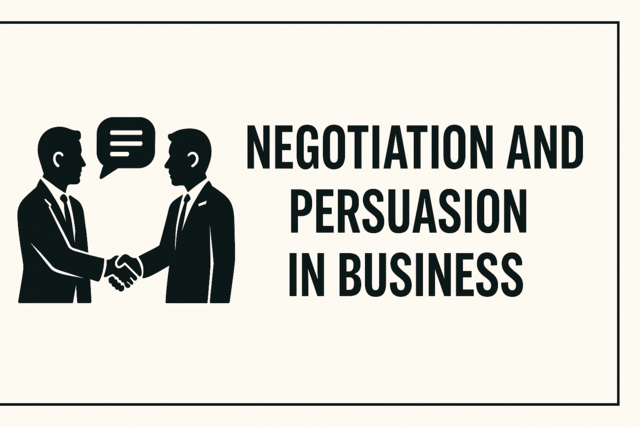 7 hours
0.7 CEUs
Negotiation and Persuasion in Business
+ More Info
7 hours
0.7 CEUs
Negotiation and Persuasion in Business
+ More Info
-
 6 hours
0.6 CEUs
Flawless Finish: Understanding Details in Luxury Fashion
+ More Info
6 hours
0.6 CEUs
Flawless Finish: Understanding Details in Luxury Fashion
+ More Info
-
 6 hours
0.6 CEUs
Digital Marketing Fundamentals
+ More Info
6 hours
0.6 CEUs
Digital Marketing Fundamentals
+ More Info
-
 6 hours
0.6 CEUs
Transition Planning: From School to Adult Life
+ More Info
6 hours
0.6 CEUs
Transition Planning: From School to Adult Life
+ More Info
-
 4 hours
0.4 CEUs
Unlocking Resilience: Techniques for Tough Times
+ More Info
4 hours
0.4 CEUs
Unlocking Resilience: Techniques for Tough Times
+ More Info


